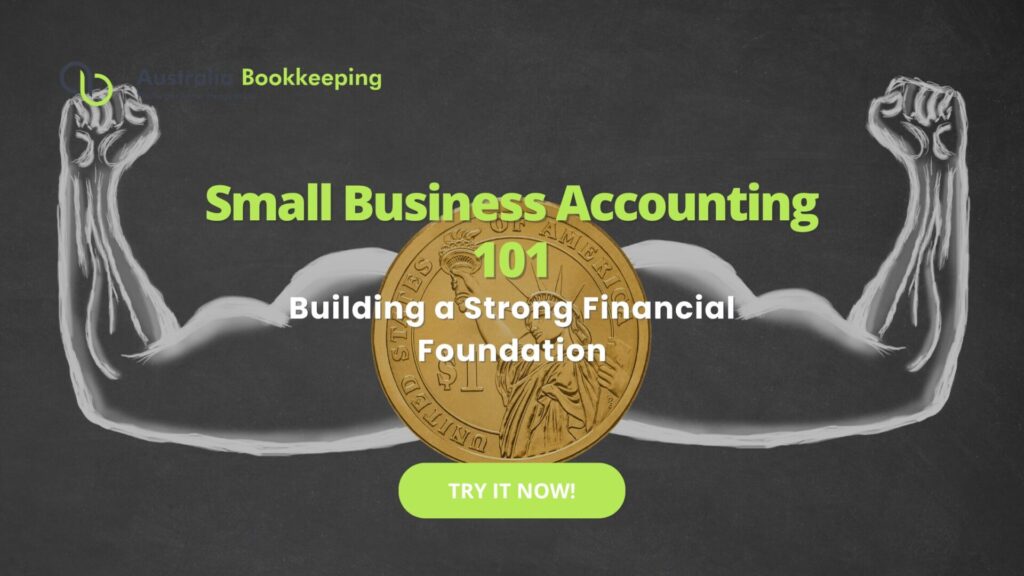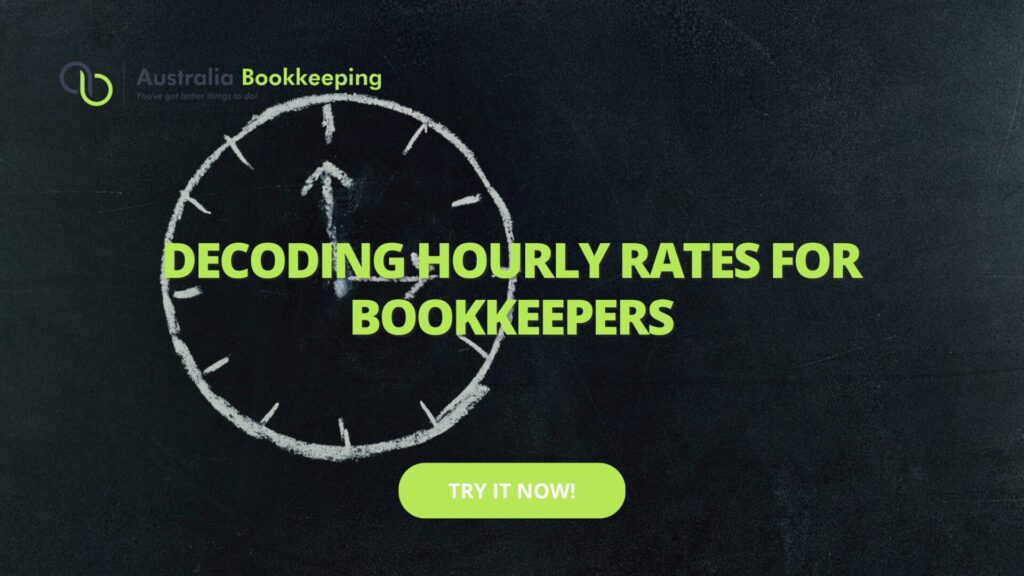Small Business Accounting 101 | Free Consultation
Small Business Accounting 101: Building a Strong Financial Foundation 1. Introduction to small business accounting When it comes to running a small business, one of the most important aspects to get right is accounting. Without a strong financial foundation, it can be challenging to make informed decisions, track your expenses, and plan for the future. That’s why having a reliable bookkeeping system in place is crucial. Schedule a free call with the most reliable small business accountants in Australia. Whether you’re just starting out or looking to improve your current practices, this blog post will guide you through the basics of small business accounting and introduce you to the benefits of outsourcing to professional CPA bookkeeping and tax services. From understanding the different types of bookkeeping software to choosing the right virtual bookkeeping service, we’ve got you covered. So if you’re ready to take control of your business’s finances, keep reading! 2. The importance of keeping accurate financial records Keeping accurate financial records is essential for the success of any small business. Not only does it ensure compliance with legal and tax requirements, but it also provides valuable insights into the financial health of your business. Accurate financial records allow you to track and analyze your income and expenses, identify areas where you can cut costs, and make informed business decisions. They provide a clear picture of your cash flow, profitability, and overall financial performance. Additionally, accurate records make it easier to prepare financial statements, such as balance sheets and income statements, which are often required when applying for loans or seeking outside investments. By maintaining accurate financial records, you will have a clear understanding of your business’s financial position and be better equipped to plan for the future. 3. Setting up a budget for your small business Setting up a budget for your small business is a crucial step in building a strong financial foundation. A budget serves as a financial roadmap, guiding you in making informed decisions about your business’s expenses and revenue goals. To create a budget, start by listing all your fixed expenses, such as rent, utilities, and payroll. Then, identify variable expenses like marketing and advertising costs. Don’t forget to include unexpected expenses and a buffer for emergencies. Next, estimate your expected revenue based on previous sales data and market trends. This will give you a clear picture of your income potential and help you set realistic financial goals. Regularly monitor your budget throughout the year, comparing actual expenses and revenue against your projections. This will allow you to identify any deviations and make necessary adjustments to keep your business on track. A well-planned budget will not only help you manage your cash flow effectively but also enable you to make strategic decisions that drive your business towards growth and profitability. 4. Understanding financial statements Once you have established a budget for your small business, it is crucial to understand and analyze your financial statements. Financial statements, such as the balance sheet, income statement, and cash flow statement, provide valuable insights into the financial health of your business. The balance sheet gives you a snapshot of your assets, liabilities, and equity at a specific point in time. It helps you understand your business’s financial position and its ability to meet its financial obligations. The income statement, also known as the profit and loss statement, shows your business’s revenue, expenses, and net income or loss over a specific period. This statement allows you to track your business’s profitability and identify areas where you may need to reduce costs or increase revenue. The cash flow statement displays the flow of cash in and out of your business. It helps you understand how changes in your operating, investing, and financing activities affect your cash position. Monitoring your cash flow is essential for ensuring you have enough liquidity to cover your expenses and take advantage of opportunities. Analyzing these financial statements will help you make informed decisions, identify trends, and spot areas that may require attention. Additionally, it will provide you with the necessary information to communicate with stakeholders such as investors, lenders, and potential partners. 5. Managing cash flow effectively In today’s blog section, we will discuss the importance of managing cash flow effectively for your small business. Cash flow refers to the movement of money in and out of your business. It is crucial to monitor and manage cash flow to ensure your business’s financial stability and growth. Firstly, it is essential to track your cash inflows and outflows accurately. By recording all incoming and outgoing cash transactions, you can identify any discrepancies or areas of improvement. This will also help you to anticipate any upcoming cash shortages or surpluses. To manage cash flow effectively, consider implementing strategies such as: Shortening the collection period for accounts receivable – Encourage customers to pay their invoices promptly by offering incentives or implementing stricter payment terms. Negotiating longer payment terms with suppliers – This can help you extend your payment obligations and free up cash for other business expenses. Creating a cash reserve – Set aside a portion of your earnings as a contingency fund to cover unexpected expenses or periods of low cash flow. Streamlining your payment schedule – Plan your payment schedule carefully to avoid late payment penalties and take advantage of any available early payment discounts. By implementing these strategies and closely monitoring your cash flow, you can maintain a healthy financial position and make informed decisions for the future of your business. 6. Tips for choosing the right accounting software In the ever-evolving world of technology, choosing the right accounting software is crucial for effectively managing your small business’s finances. With numerous options available in the market, it can be overwhelming to find the one that suits your business needs. However, here are some key tips to consider when selecting accounting software: Assess your business requirements: Before diving into the vast array of accounting software options, identify your business’s specific needs. Do you
Small Business Accounting 101 | Free Consultation Read More »



